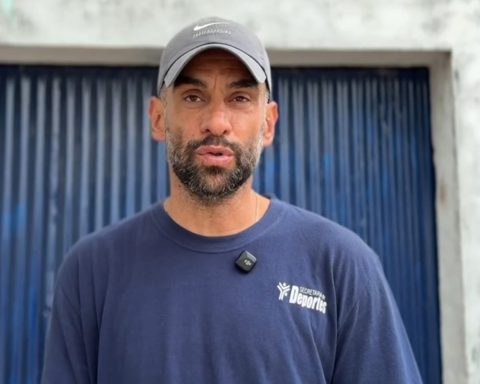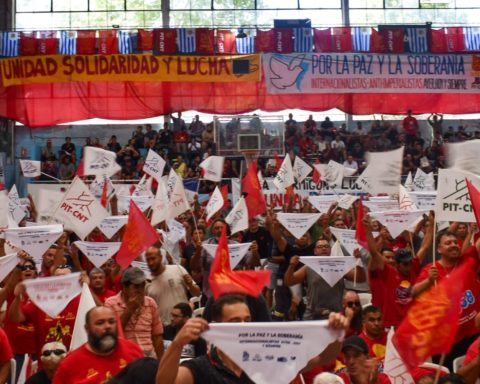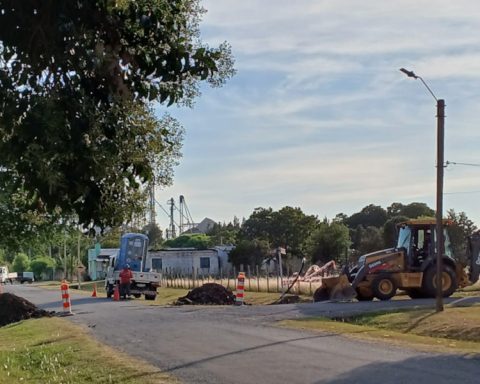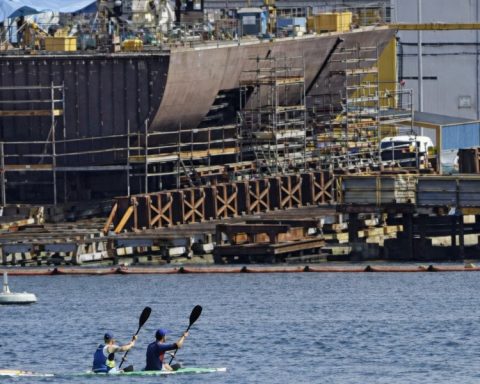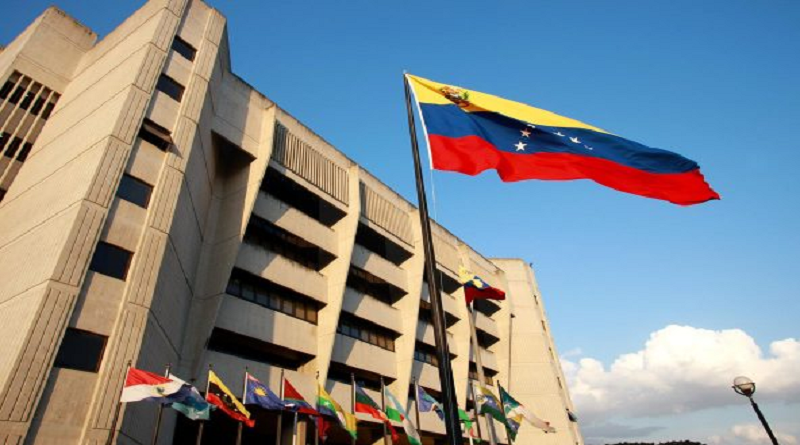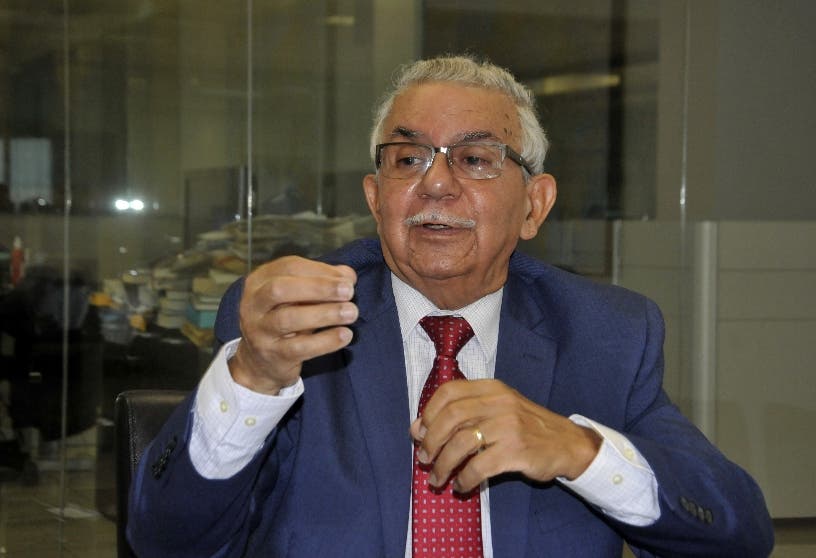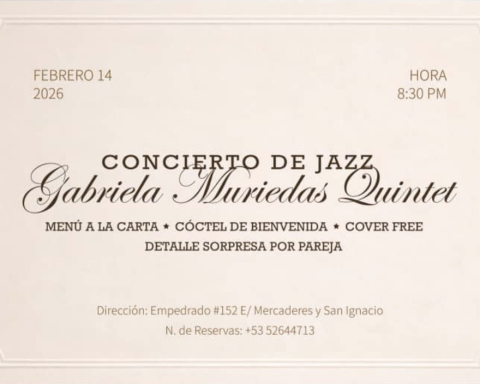In July, the former commander of the Army was prosecuted with prison Juan Rebollo for the military operation carried out on April 21, 1974 in which three young women, between 19 and 22 years old, an Army officer and a policeman died.
As the officer responsible for the operation, Rebollo was prosecuted for these murders, which aroused strong political criticism. Cabildo Abierto Senator Guillermo Domenech said that Rebollo’s prosecution is “an act of revenge” and spoke in favor of restoring the validity and application of the Expiration Law of the State’s punitive claim.
For his part, the former president Julio Maria Sanguinetti He pointed out that the death of the three women (the case is known as “the April girls”) occurred during “a confrontation between the Tupamaros and a military group.” In this regard, he added that at the judicial level “it could be considered a homicide in legitimate defense, but -in any case- judged with the law in force at that time, so it was a common crime.”
THE PROSECUTOR’S RESPONSE
This Tuesday, interviewed on the Arriba Gente program on channel 10, the prosecutor who investigates crimes against humanity committed during the dictatorship (1973-1985) Ricardo Perciballe He explained why he requested that Rebollo be prosecuted and assured that the five deaths (the three girls, the military officer and the police officer) were the responsibility of the Army.
“The first thing that needs to be clarified here is that there were five deaths, because they are talking about the (three) girls, an officer and also a policeman. Of those five deaths, it is absolutely proven that those who killed those people were the Army. The Army officer who dies, dies by machine gun, and the girls didn’t have machine guns. That is the first point, let it be very clear, because if it is not said, no, the girls killed the officer. No. And the police are killed on the way back, also by the Army, because they confuse him with Washington Barrios (of the MLN), who was the target,” said Perciballe.
“Second, in the place what is proven is that there were two revolvers, in the house where the girls were, and it is not proven that they were fired, because no expertise was done at the time. In other words, the investigation in military justice that was carried out was of extremely low quality,” adds the prosecutor.
“Third. It is proven that the girls die cornered with large bursts of machine guns, which gives the guideline that there was no confrontation. That is the objective”, says Perciballe.
LEGITIMATE DEFENSE?
The prosecutor responded to the argument of legitimate defense as a way of exempting Rebollo from criminal responsibility.
“Now, if it is assumed, as some actors say, that there was a confrontation, the issue is like this, if there are five dead there is a murderer and that murderer cannot be held responsible if he acted under legitimate defense, or for some other reason. liability waiver. The only one that fits at this time is self-defense. Now, to act legitimately one does not have to provoke the situation, and here, the Army provokes the situation, because it enters a home at night, absolutely prohibited by the Constitution, because it violates the entrance to the home. So, you have already caused the situation, and if you caused the situation, you can no longer claim self-defense,” Perciballe said.
Asked if this operation was not carried out during the so-called “state of exception”, the prosecutor responded. “What do we call a state of exception? The Armed Forces were authorized to fight subversion in 1971. In 1972 the Armed Forces themselves said that subversion was suffocated because the MLN had been defeated politically and militarily. That was in September, October of 72. This is in April of 74. In April of 74 did we maintain that (State of Exception? No, in April of 74 the dictatorship was already in place, so the military did what they wanted, like this, violently entering a home at night. So, there are five homicides and there is no self-defense,” he concluded.


